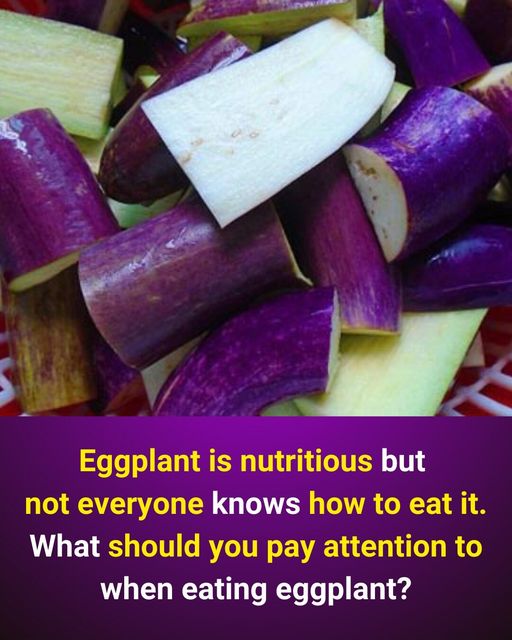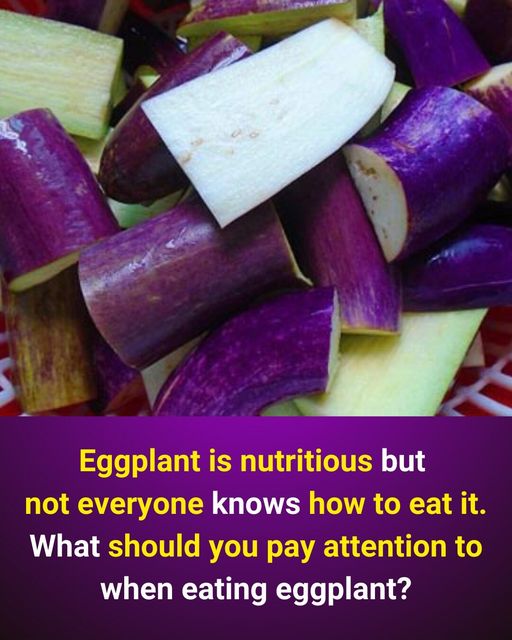Eggplants, also known as aubergines, are a delightful addition to any meal but can sometimes cause allergic reactions. Although not very common, eggplant allergies can happen and could manifest symptoms like skin rashes, swelling, and difficulty breathing. If these reactions aren’t addressed quickly, they could become quite serious. So, it’s a good idea to be aware of these possible responses.
People might develop a sensitivity to eggplants even if they’ve previously consumed them without any issues. The symptoms attached to an eggplant allergy closely resemble those of other common food allergies.

Recognizing the Signs of an Eggplant Allergy
Symptoms from an eggplant allergy often include: skin rash, itching or tingling sensations in the lips, tongue, or throat, persistent coughing, stomach pains or cramps, nausea and vomiting, and diarrhea. In more severe scenarios, this can escalate to anaphylactic shock, a serious and potentially life-threatening allergic reaction.
Anaphylaxis could present these symptoms: shortness of breath, wheezing or difficulty breathing, noticeable swelling in the throat or tongue, problems swallowing, facial swelling, dizziness, a weak pulse, feelings of shock, and nausea, sometimes accompanied by vomiting. While it is rare for those allergic to eggplants to experience anaphylaxis, it’s crucial to seek emergency medical attention if these symptoms develop quickly.
Steps to Take if You’re Allergic to Eggplants
For those experiencing mild reactions to eggplants, over-the-counter antihistamines may provide relief. However, if this is your first time noticing symptoms after consuming them, it’s advisable to consult your doctor. A medical professional can conduct blood tests to confirm the allergy, offer a thorough examination, and provide guidance for future encounters with eggplants.
If any signs of anaphylaxis appear after eating eggplants, immediate emergency medical intervention is necessary. These symptoms can start within minutes of exposure to the allergen, potentially leading to a life-threatening situation if not treated swiftly.
Foods to Avoid If You Have an Eggplant Allergy
Should you suspect that you’re experiencing an allergic reaction to eggplants, it’s important to seek medical advice to confirm whether it’s actually an allergy or possibly something else causing your symptoms. Consultation with a healthcare professional can clarify the situation, ensuring you remain safe.
If you find yourself sensitive to eggplants, it’s prudent to steer clear of foods that may provoke similar allergic reactions. This includes foods that, like eggplants, thrive in shaded environments. Some individuals might exhibit reactions to other types of nightshade vegetables such as tomatoes, white potatoes, and bell peppers. Additionally, bananas, goji berries, and spices like paprika and cayenne pepper may also trigger a response. Being cautious of these foods can help in managing your allergy effectively.




